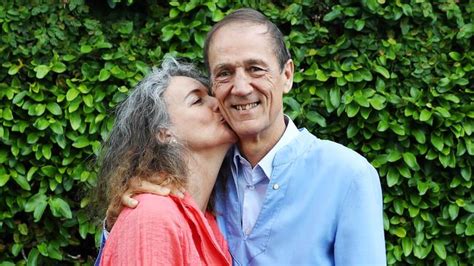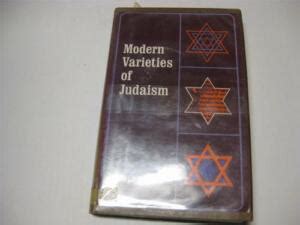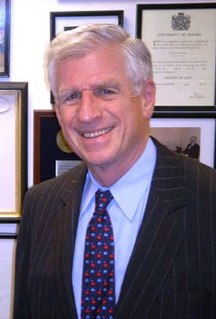A Quote by Ian Gawler
While some people are apprehensive that meditation may conflict with their beliefs, the usual experience is that it leads to a heightened appreciation of their particular religious leanings and a greater level of personal joy
Related Quotes
The purpose of formulating [a] conflict as a game is not that of resolving the conflict by 'solving the game.' It is that of displaying the structure of the conflict and thereby exposing features of it that may be concealed by rhetoric. In particular, appreciation of the peculiar structure of some of the so-called mixed - motive conflicts represented nonzero-sum games may change the conflicting parties' perception of their situation.
While the primary function of formal Buddhist meditation is to create the possibility of the experience of "being," my work as a therapist has shown me that the demands of intimate life can be just as useful as meditation in moving people toward this capacity. Just as in formal meditation, intimate relationships teach us that the more we relate to each other as objects, the greater our disappointment. The trick, as in meditation, is to use this disappointment to change the way we relate.
Joy is what makes life worth living, but for many joy seems hard to find. They complain that their lives are sorrowful and depressing. What then brings the joy we so much desire? Are some people just lucky, while others have run out of luck? Strange as it may sound, we can choose joy. Two people can be part of the same event, but one may choose to live it quite differently than the other. One may choose to trust that what happened, painful as it may be, holds a promise. The other may choose despair and be destroyed by it. What makes us human is precisely this freedom of choice.
... what the artist or creative scientist feels is not anxiety or fear; it is joy. I use the word in contrast to happiness or pleasure. The artist, at the moment of creating, does not experience gratification or satisfaction... Rather, it is joy, joy defined as the emotion that goes with heightened consciousness, the mood that accompanies the experience of actualizing one's own potentialities.
An interesting thing about the religious people who run Iran is that one of their problems with Ahmadinejad, who they thought would be one of their guys because he's so religious, is that he actually has some really nutty ideas about religion. He's too religious. He's too literal. I mean, there are plenty of people in Iran who like Ahmadinejad's religious beliefs, just as there are plenty of Christian fundamentalists in America who like George W. Bush's beliefs. But there are also plenty of people who are very uncomfortable with his overt religiosity.
There can be no religious discourse which is in conflict with its environment and with the world and therefore, we Muslims need to modify this religious discourse. And this has nothing to do with conviction and with religious beliefs, because those are immutable. But we need a new discourse that will be adapted to a new world and which will remove some of the misconceptions.


































